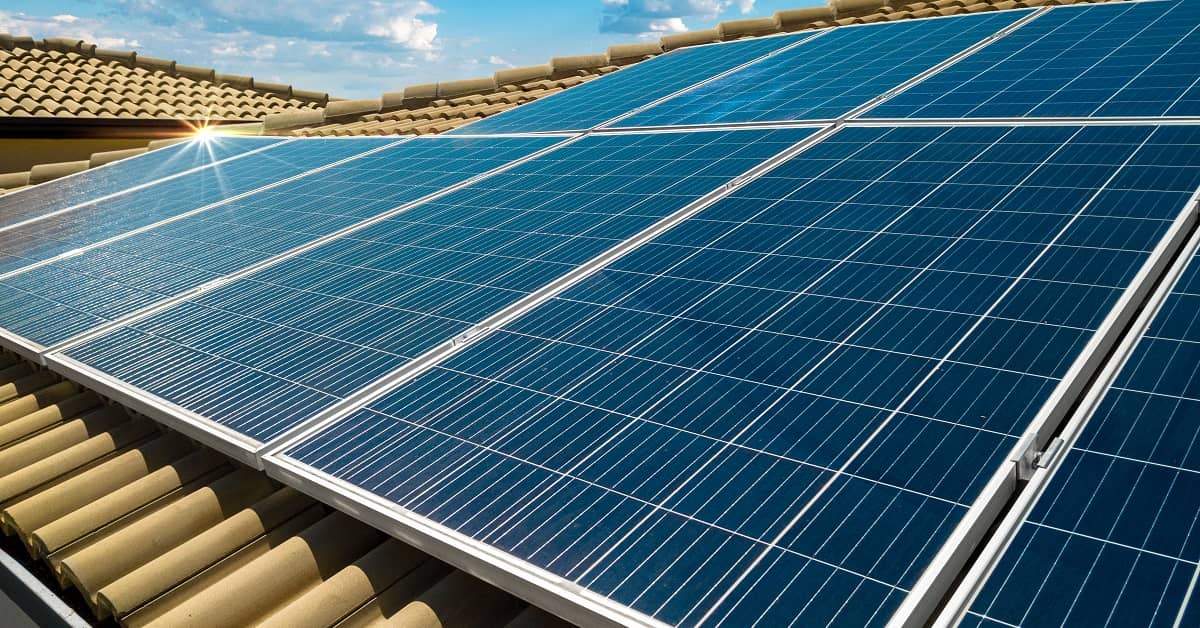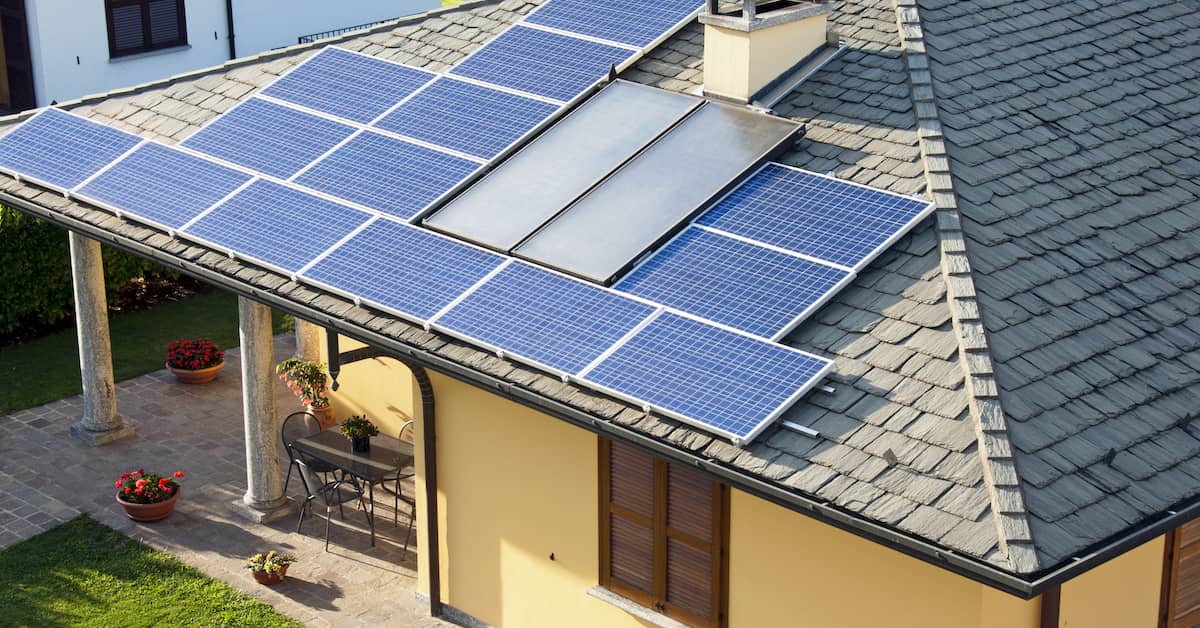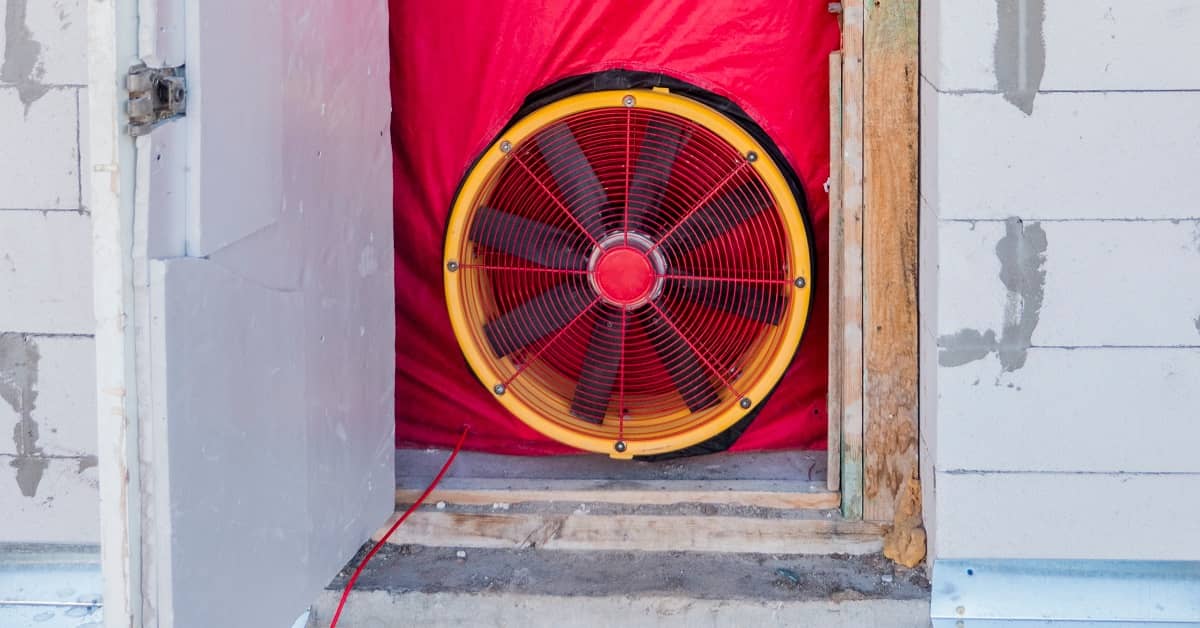
How Do Solar Panels Work?
Solar energy systems are a marvel of modern science and engineering. Today, millions of homes in the United States are powered by solar panels – a number that is only expected to grow in the coming years.
But how does this remarkable technology work? If you are thinking about investing in solar panels, it is important to understand how power from the sun is generated and what it means for your home.
REenergizeCO is an experienced solar company with extensive experience helping homeowners throughout the Front Range realize the benefits of home energy independence. Schedule a home energy audit to find out if solar is right for you!
What Is a Photovoltaic Cell?
Photovoltaic cells (or PV cells) are the building blocks of solar energy panels. The term photovoltaic means “energy derived from light.” PV cells convert sunlight into electrical energy that powers your home.
Solar panels are made up of multiple photovoltaic cells. The number of PV cells depends on the size of the solar panel. Most residential panels consist of 60 to 72 cells.
What Do Photovoltaic Cells Do?
Each PV cell consists of materials that generate a positive or negative electrical charge. An electric field is formed by the mix of electrons with positive and negative charges.
As the photons from the sun reach the solar panel, a reaction occurs that creates excess electrons. These electrons are drawn to conductive materials inside the photovoltaic cell, creating an electric current. Wires carry the current out of the cell.
The electricity generated by a single photovoltaic cell is relatively small. However, the combined activity of the PV cells creates much more energy. The number of solar panels you need to power your home will depend on factors such as your household energy use, the availability of sunlight, and more.
How Do Solar Panels Catch the Sun?
During the day, sunlight hits any and all objects out in the open. When the rays of the sun reach solar panels, the photovoltaic process described above occurs continuously in the PV cells, generating electricity.
For solar panels to be efficient, they must be positioned to “catch” as much sunlight as possible during the day. This is why roof-mounted solar panel arrays are the most common installation you see for residential solar energy systems (although local zoning laws may also require that solar panels be installed on the roof of your house).
Elevating solar panels so they get the most sunlight is only part of maximizing their efficiency. It is also crucial to take into account the movement of the sun. Solar panels must be angled so they (a) are free from obstructions or shade that reduce energy production and (b) get light consistently as the position of the sun changes throughout the day.
Some homeowners who attempt to install solar panels themselves run into problems overcoming both of these issues. It can be difficult to track the movement of the sun on your property, account for obstructions, and ensure that solar panels are positioned to get the most sunlight.
For this reason, it is generally best to work with a reputable solar energy company. An experienced team of professionals can handle all aspects of the process on your behalf, including assessing the suitability of your home for solar, applying for permits, and performing the installation.
How Do Solar Panels Power My Home?
Solar panel arrays generate direct current. However, the electrical system and the appliances in your home run on alternating current. Therefore, you will need an inverter to convert the direct current to alternating current.
The inverter can be connected directly to the electrical panel in your house, enabling you to draw power straight from your solar panels. Alternatively, if you install a solar battery, the inverter is first connected to the battery, then to your home power system.
One of the major advantages of a solar battery is the ability to “bank” surplus energy generated during the day for use at nighttime and/or if the power grid is hit by an outage. Installing a storage battery enables you to get more from your solar panels outside of daylight hours.
How Solar Panels Can Work for You
Now that you know how solar panels work, the next step is finding out if they are the right solution for your home. At REenergizeCO, we perform a home energy audit to identify issues and advise you of your suitability for solar.
Solar panels may be an effective option for lowering your home energy bills and reducing your environmental impact. Additional energy efficiency upgrades can enhance these benefits, ensuring that you get the most from your solar power system.
Please contact REenergizeCO in Denver at (303) 227-1000 or in Fort Collins at (970) 323-3191 today to find out if solar is right for you. Our solar energy company serves homeowners throughout the Front Range of Colorado.
"*" indicates required fields


